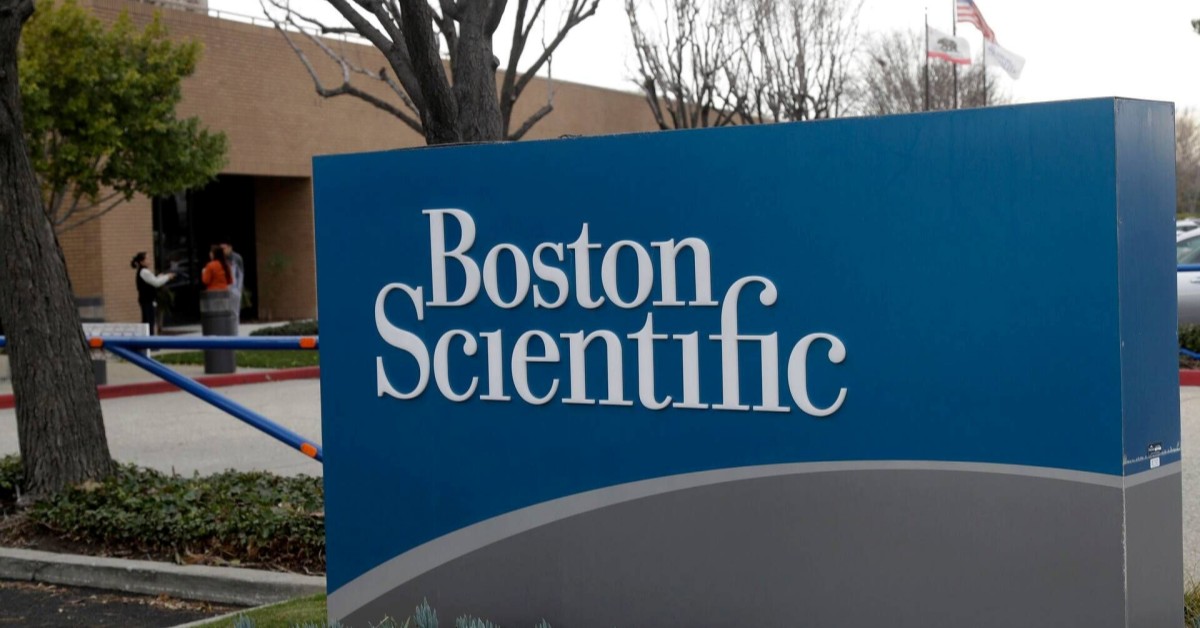
USA – Boston Scientific is preparing to revise its earlier US$ 200 million tariff forecast due to major changes in global trade dynamics.
CEO Mike Mahoney shared the update during a recent Bernstein analyst event, stating that the global situation has improved since the company’s initial estimate last month.
The original projection assumed the continuation of high tariffs between the U.S. and China, along with the reintroduction of paused tariffs on European imports by the third quarter.
However, the U.S. and China have now agreed to reduce tariffs by over 100 percentage points. Although the situation with Europe remains uncertain, there have been promising signs of progress.
Mahoney called the recent developments “a benefit” for the company and said Boston Scientific will update its full outlook when it announces Q2 results in July. He noted that easing tariff tensions could help the company allocate resources more effectively.
However, any margin improvement from reduced tariffs will be partially offset by the company’s decision to stop selling its Acurate Neo2 and Acurate Prime transcatheter aortic valve replacement (TAVR) products in Europe.
These devices generated around US$ 200 million in annual revenue, but the cost and complexity of meeting varying European regulatory requirements—such as extended patient registries—prompted the withdrawal.
“It just didn’t make sense,” Mahoney explained, citing regulatory burdens, hospital constraints, and the high investment needed to keep the products in market.
Boston Scientific has also scrapped plans to pursue U.S. approval for these devices. This marks the second time the company has exited the TAVR market, having discontinued its Lotus Edge system in 2020.
Still, Mahoney said the company could re-enter the TAVR space if a compelling and differentiated platform emerges, pointing to the successful turnaround of its electrophysiology unit as a model.
Meanwhile, Ken Stein, Boston Scientific’s Chief Medical Officer, addressed concerns about regulatory delays following recent FDA layoffs.
He said the impact so far has been minimal, especially for submissions covered by user fees. “The review teams are largely intact, and we haven’t had issues with our current applications,” he added.
Looking ahead, the company plans to monitor how FDA workforce changes might affect innovation-related programs in the long term.
XRP HEALTHCARE L.L.C | License Number: 2312867.01 | Dubai | © Copyright 2025 | All Rights Reserved